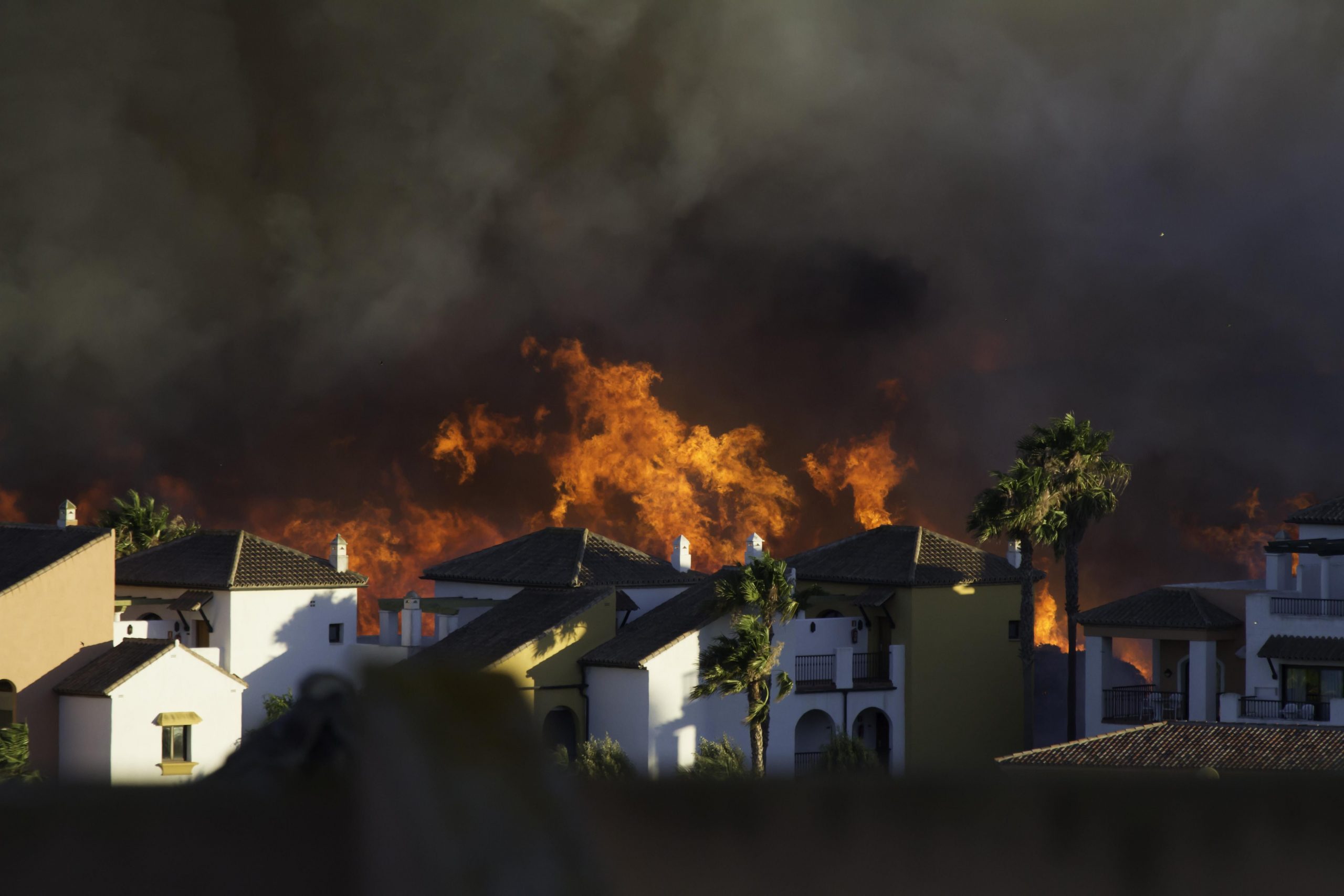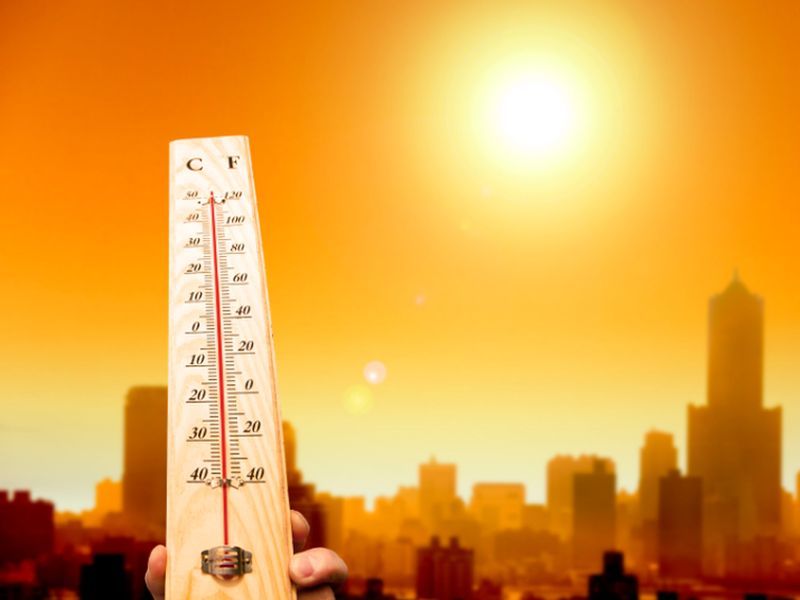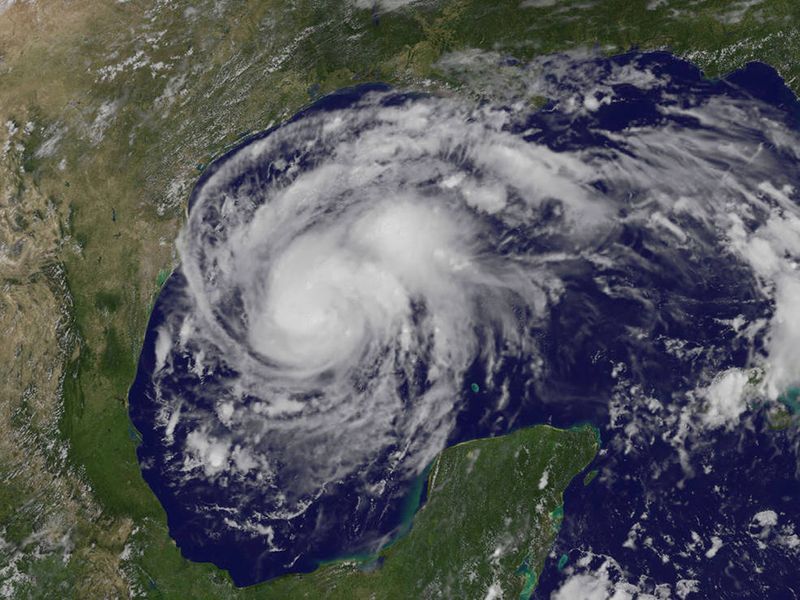
When hurricanes, floods and fires hit, everyone can struggle to respond and cope, but new research suggests that women, people with kids under 18, renters, the poor, and Black and Asian Americans are the most vulnerable to weather disasters. These groups need special help before disasters occur to make sure they’re equipped to act, said… read on > read on >






























